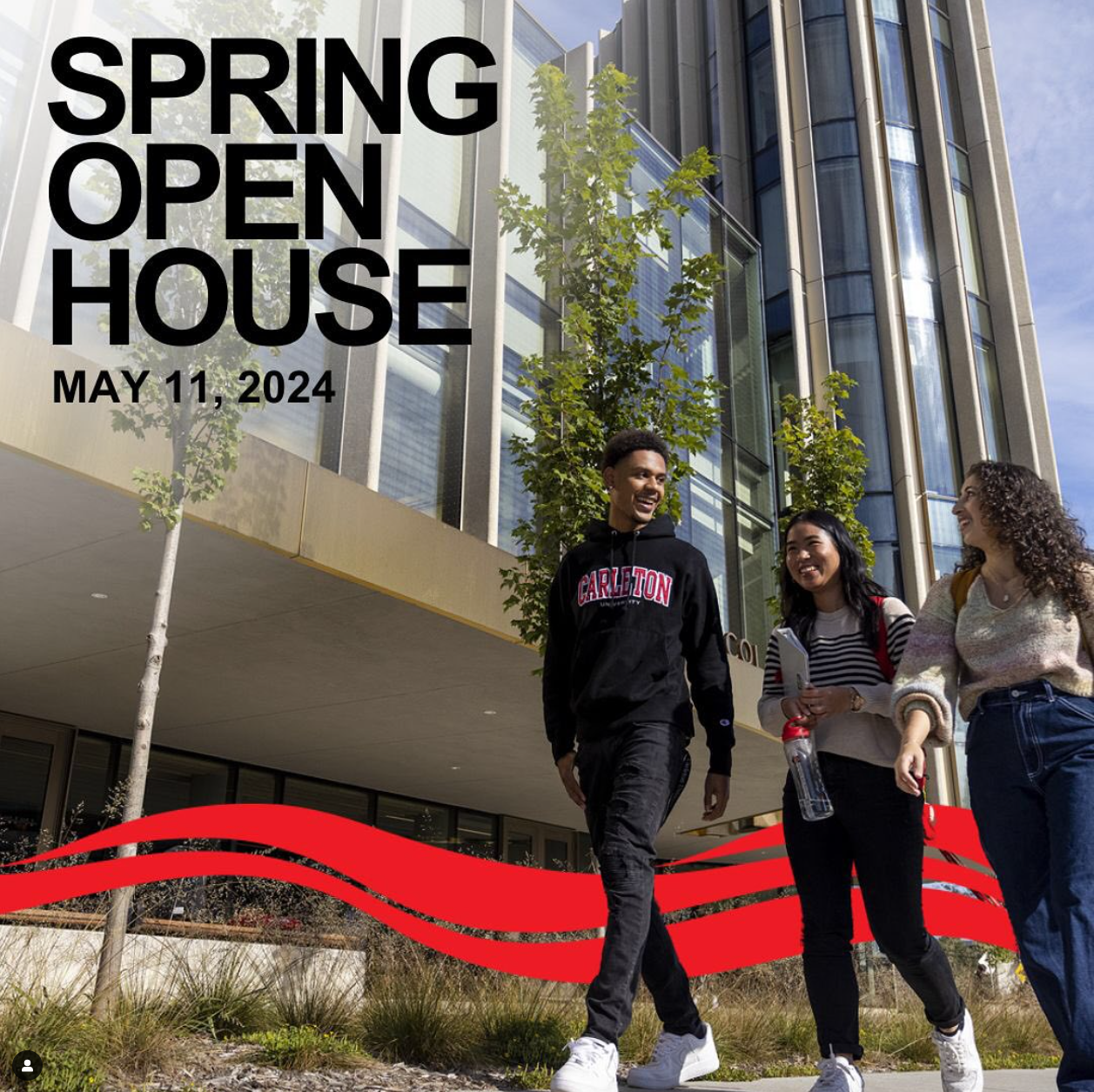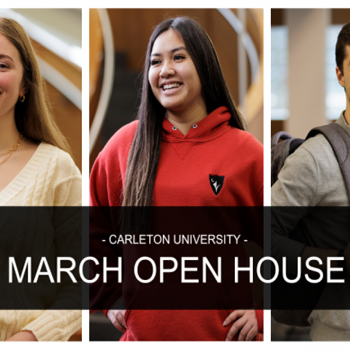The Bachelor of Information Technology is a tightly integrated joint collaboration between Carleton University & Algonquin College covering four unique programs, with very strong reputations, that offer both practical experience and a solid theoretical background.
Each program offers an optional paid industrial placement (Co-Op) placement - available after second year. Regardless of the program of choice, students graduate with both a Bachelors Degree in Information Technology from Carleton University and an Advanced Diploma from Algonquin. Graduates of these programs either go into excellent positions in industry or postgraduate programs in related fields




.jpg)